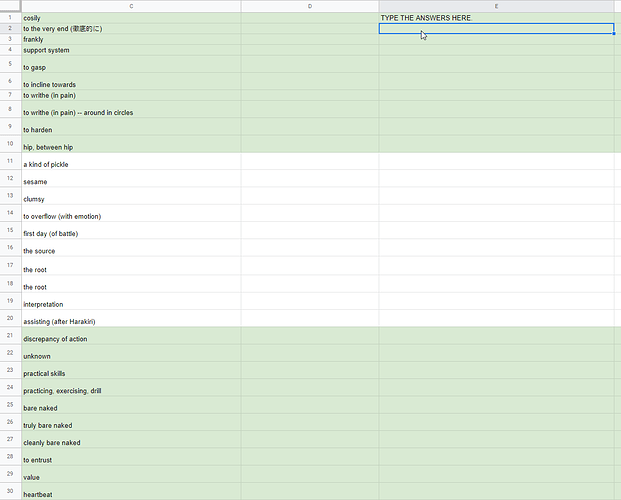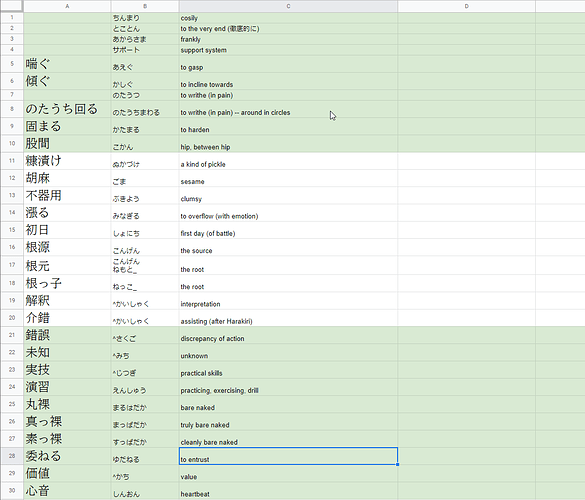Hey everyone, now that I’m just about to hit lvl 35, I can really understand why a lot of people drop off at the 30 mark, honestly I get it.
I won’t do it, though, I plan on seeing this through to the end, but I still need a next step. I love WaniKani, and if I could just have this as a one stop way to reach fluency, I’d love to keep doing that, but I’m at a point where I need to seriously branch out, too. I did the math, by the end of the year, I’ll be level 60, as long as I keep my recent pace up.
So that’s like 4 months, I can’t just sit here without a next step, I’m reading a manga right now, and translating it too, but it makes me really see how inadequate my abilities are. I can recognize a kanji, but I can’t read it all the time, I can read it, but I don’t understand it, I have a general idea, but my grammar is all off, I don’t know who’s talking, or about who. There’s all sorts of confusion.
I’m ashamed to admit I have to use google translate just so I can see the romaji, it teaches me a bit, and I even have to use it for a general idea of what it says often, which I then go on to fix up myself with my own knowledge.
So grammar and vocabulary, I don’t really know how to start, I’m no stranger to Japanese media, half of my playlist is Japanese songs, I’ve been watching anime since I was a kid, and it has taught me a lot of words, but after a certain point there’s not much more I can learn from it. I need something structured, WaniKani did that for me, and I really dislike Anki so I can’t consider that an option.
For grammar, I’ve started looking at Cure Dolly, seems structurede, but it’s certainly a lot of information, since I only watched a few first videos, it’s basic stuff that I’ve already picked up through natural knowledge so far, which was nice for a while but I’m seeing it’s limits now with my reading. She teaches well, but I don’t even know the English grammar rules and this is my first language. I just couldn’t and didn’t want to understand those complicated terms, but now I have to do so for Japanese.
In case this falls through, is there any other suggestions for grammar?
For vocab, I honestly have no clue where to look, so I need suggestions for that too, please.

